Impact of teleconsultation on opticians: how is their role changing?
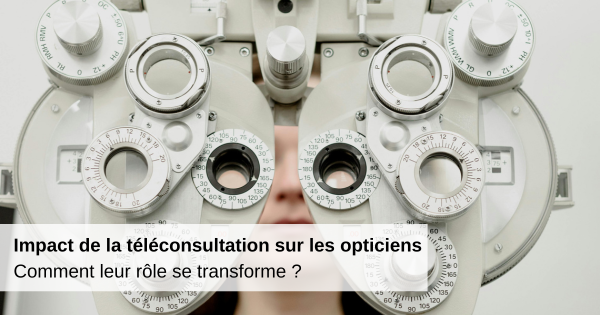
Teleconsultation is revolutionizing the optical sector, offering innovative solutions to improve access to vision care. Faced with growing demand and the challenges of medical deserts, the impact of teleconsultation on opticians is increasingly notable. How does this transformation impact their daily practice and the services they offer? This is what we will try to decipher.
The expanded role of the optician thanks to teleconsultation
Teleconsultation is gradually being integrated into optical stores, revolutionizing the way in which vision care is provided. Innovative solutions like those offered by Tessan and Doctovue allow opticians to offer teleconsultation services directly in their stores, thus providing increased accessibility and reducing waiting times for patients.
[ =]The equipment available varies, ranging from teleconsultation terminals and booths to portable cases . These devices are equipped with cutting-edge medical equipment, such as the Eye Refract™ and the VX 650 from Visionix, allowing comprehensive eye exams to be performed. For example, Tessan offers augmented teleconsultation booths that integrate up to seven medical devices, offering a consultation experience almost equivalent to that in person.
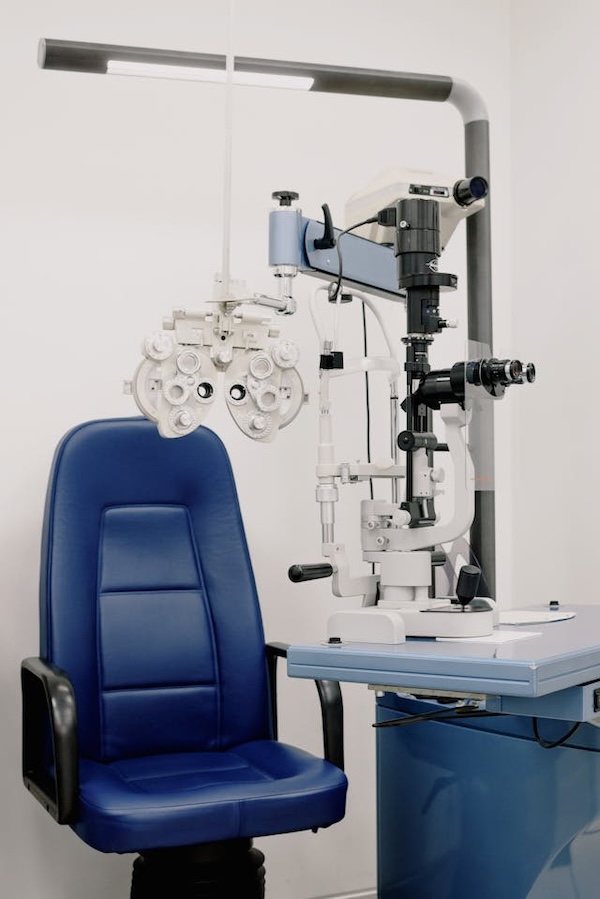
Teleconsultation is profoundly transforming the role of the optician, broadening their responsibilities and increasing their importance in the vision care pathway. Traditionally limited to the sale of glasses and lenses, the impact of teleconsultation on opticians is visible through their new involvement in the management of equipment, compliance with hygiene procedures and continuing training to stay up to date with the new technologies. The optician then becomes a key player in the medical care chain . They are now responsible for the management and proper functioning of teleconsultation equipment, thus ensuring that consultations go off without a hitch. This includes compliance with hygiene procedures, maintenance of devices and ongoing training to stay up to date with new technologies.
The optician is also involved in the care pathway of the patient. He welcomes the patient, helps him familiarize himself with the equipment and ensures a smooth transition between the different stages of the teleconsultation. This new involvement allows for continuity of care and better coordination with other health professionals , such as orthoptists and ophthalmologists.
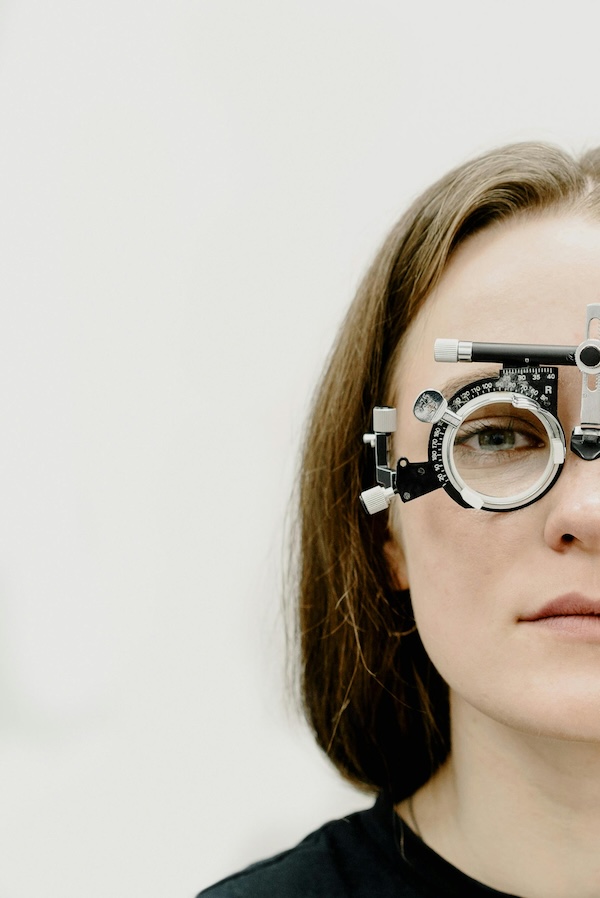
For opticians, offering teleconsultation services represents an opportunity to stand out in the market by offering a premium service . This new offering can build the loyalty of a more demanding clientele, who are looking for quick and effective solutions for their visual needs. Patients, for their part, benefit from reduced waiting times and easier access to quality care, even in areas where ophthalmologists are rare.
The impact of optical teleconsultation therefore considerably transforms the optician's profession by making it an essential link in the visual care process. This transformation brings significant benefits for both healthcare professionals and patients, hoping to provide a better response to access to care and quality of service.
Compliance and good practices in teleconsultation
Teleconsultation does not just transform current practices. It also raises challenges and offers future prospects for opticians. These challenges and opportunities require continued adaptation and increased vigilance to ensure quality of care and compliance with standards.
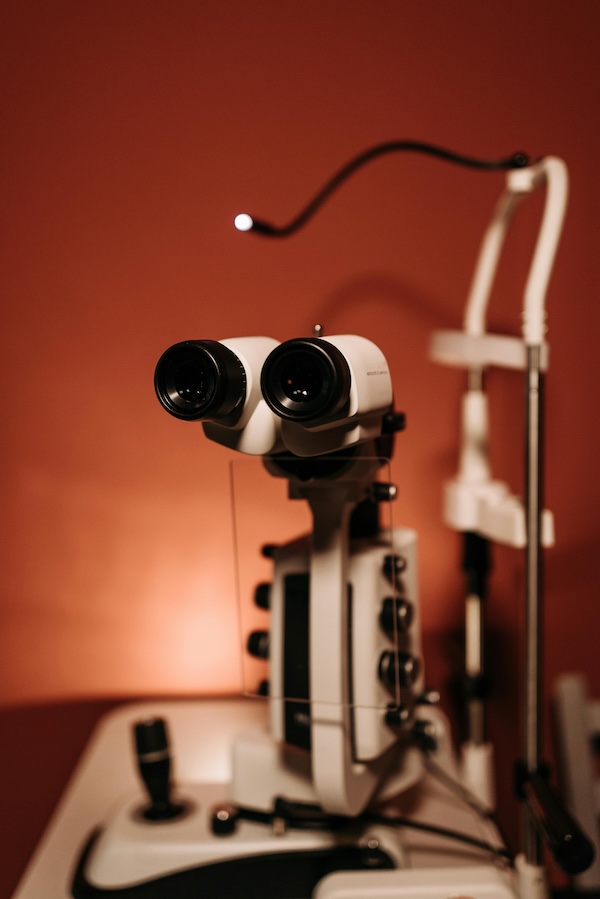
The integration of teleconsultation in optical stores must be done in accordance with the recommendations of the High Authority of Health (HAS). HAS underlines the importance of the teleconsultation environment, which must be visually and acoustically isolated to guarantee the confidentiality of consultations. Opticians must ensure that their facilities meet these criteria, and avoid any form of commercial solicitation during consultations.
In addition, it is crucial that opticians ensure that they do not place in a situation of conspiracy. Patients must be clearly informed that they are not obliged to purchase products in the store where the teleconsultation takes place. This transparency is essential to maintain patient trust and respect the ethical rules of the profession.
Collaboration: another impact of teleconsultation on opticians
The growing adoption of teleconsultation by opticians opens the way to numerous opportunities. On the one hand, this practice makes it possible to respond to the shortage of ophthalmologists in certain regions, thus offering better accessibility to care. On the other hand, it promotes collaboration between different health professionals, creating a more integrated and efficient care network.
However, several challenges remain. One of the main concerns is the continuing training of opticians so that they can manage teleconsultation equipment and support patients optimally. In addition, it is important to maintain fluid communication between opticians, orthoptists and ophthalmologists to ensure consistent and efficient patient monitoring.
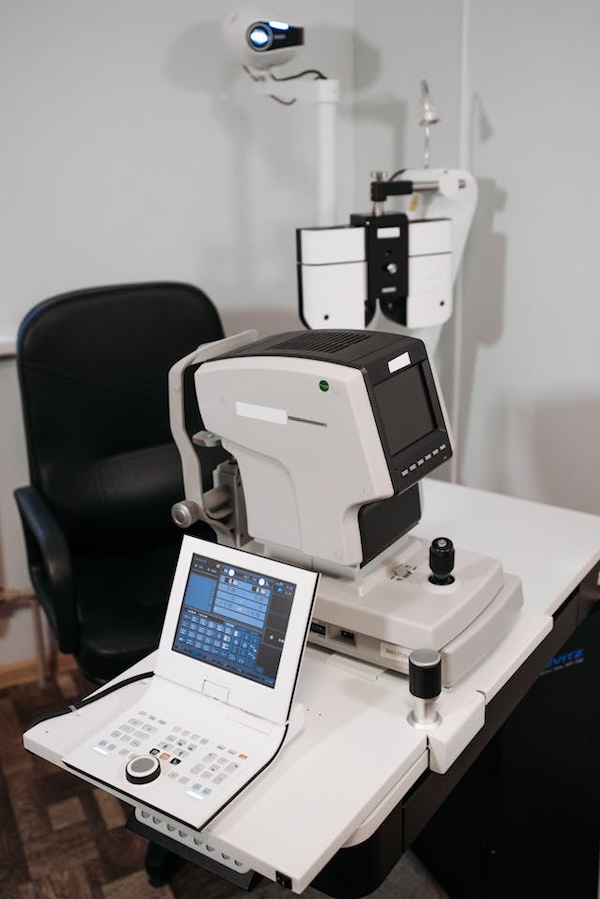
The prospects for the development of teleconsultation services are promising. With the integration of new technologies, such as artificial intelligence and connected medical devices, opticians will be able to offer even more precise and personalized diagnoses. These innovations will also improve the prevention and early detection of ocular pathologies, thus contributing to better visual health for all.
Teleconsultation is revolutionizing the role of the optician by transforming it into a key player in the vision care pathway. This development, supported by innovative technologies and increased collaboration between healthcare professionals, improves access to care and the quality of services offered to patients. While challenges persist, the opportunities for opticians to position themselves at the forefront of vision care are immense, promising a future where eye health is more accessible and better managed.
Sources: Essential optics, Acuité, Tessan, Doctovue, Haute Autorité de la Santé


